News
Videos
Cartoons
Special Report
Nearly 6 percent of global trade and 57.5 percent of the cargo transported in container that ships from Asia to the East Coast of the United States passes through the Panama Canal. Today, this important infrastructure is the focus of great concern in political, economic, and academic sectors given the growing presence of the People’s Republic of China (PRC). “China has turned Panama into a geographic and commercial concentration center or strategic hub for its political, commercial, and military advance in the region,” Euclides Tapia, professor at the School of International Relations of the University of Panama, told Diálogo.
Sino-Panamanian commercial relations are long standing, however, only since 2017, when both nations strengthened diplomatic ties, did the influence and interference of the Asian country become noticeable. “I am not wrong in saying that since Panama broke relations with Taiwan to establish them with China the country’s independence has been extremely compromised,” Tapia said.
Academia
April 4 marked the International Day for Mine Action Awareness and Assistance, established in 2005 by the United Nations (U.N.) General Assembly. The Brazilian Army is a benchmark in demining and deactivating explosive devices. In this article, Captain Davyson Anderson Cavalcanti Sobral, of the Brazilian Army’s Engineering Wing, discusses Brazil's role in international mine action. There is no doubt that armed conflicts, whether regular or irregular, directly affect the local population. Anti-personnel mines and explosive remnants of war remain after these conflicts, leaving their mark on the affected communities, causing not only physical and psychological damage, but also economic, social, [ … ]
Introduction The integration of host nation Liaison Officers (LNOs) into U.S. Security Cooperation Organizations (SCOs) serves to meet U.S. strategic and operational objectives. The concept of integrated deterrence, as outlined in the U.S. National Defense Strategy, stresses a holistic approach combined with our allies and partners to increase shared understanding, optimizing future investments. Integrating our partners into security cooperation allows both sides to better understand how our forces operate in peacetime and how we could operate together in times of crisis by providing cultural familiarity and mitigating unexpected risks. It also gives our partners a stake in security cooperation activities [ … ]
This article was adapted from a piece published on The Diplomat on February 23, 2024. Introduction Activities by the People’s Republic of China (PRC) in the security and defense sector in Latin America and the Caribbean are a small, but strategically significant portion of its engagement with the region. The PRC has openly acknowledged its interest in engaging with the region on security matters in the 2008 and 2016 China-Latin America Policy White Papers, as well as in the 2022-2024 China-CELAC plan. That interest is also reflected in the PRC Ministry of Foreign Affairs white paper elaborating China’s Global Security [ … ]
EXECUTIVE SUMMARY This paper explores China’s public relations strategy in Latin America and the Caribbean (LAC) through diplomacy, promoting study networks, cooperation among academies, and establishing a significant number of Confucius Institutes. This is supported by a vast network of print, audiovisual and digital media owned by China or LAC groups. Yet, among the LAC population, knowledge of China is minimal. In sectors dedicated to research, politics, and the economy and finance, there is a slightly favorable image of China due to economic interest. In the last decade, China has flooded the continent with exchange scholarships to attract and co-opt [ … ]
Magazines
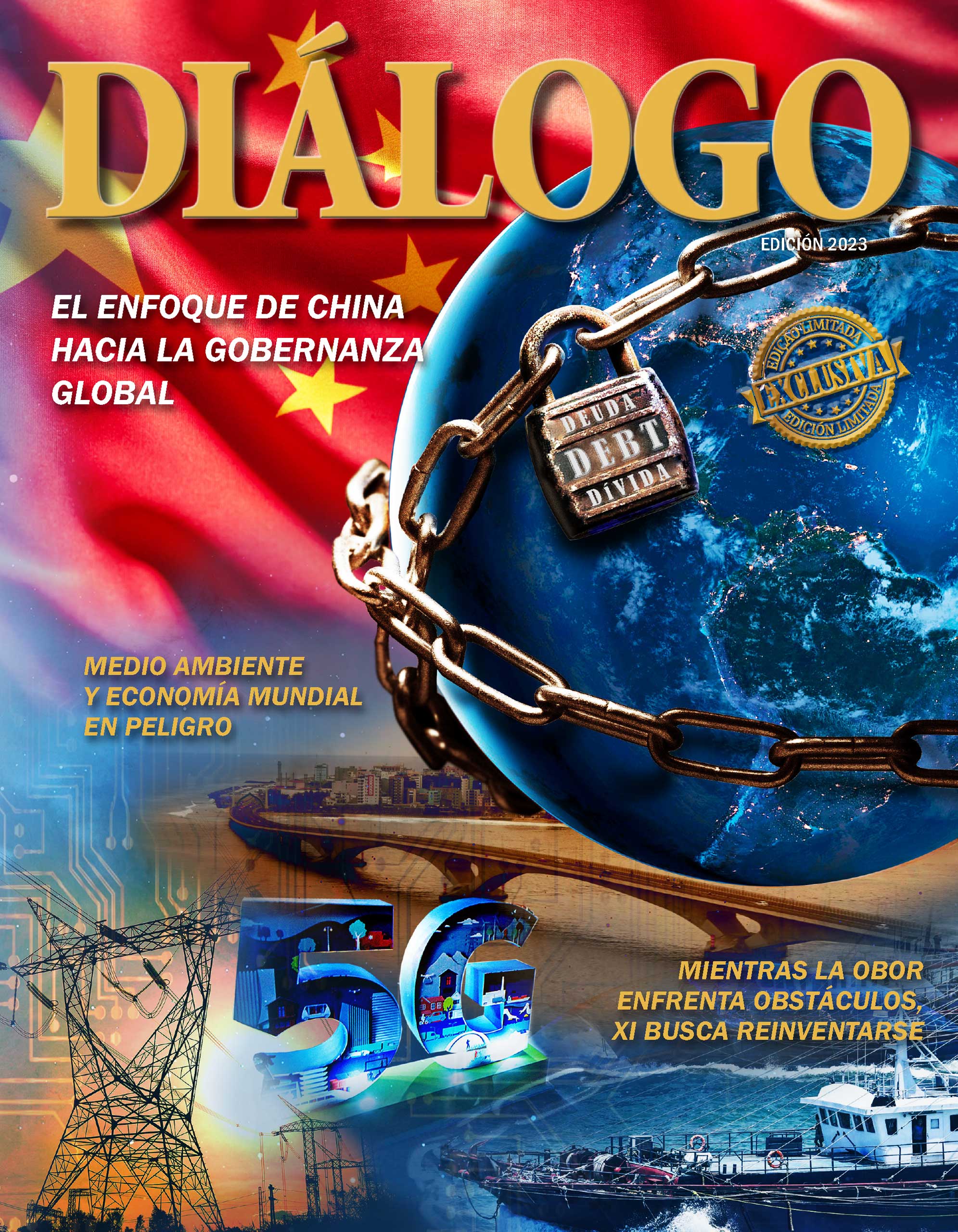
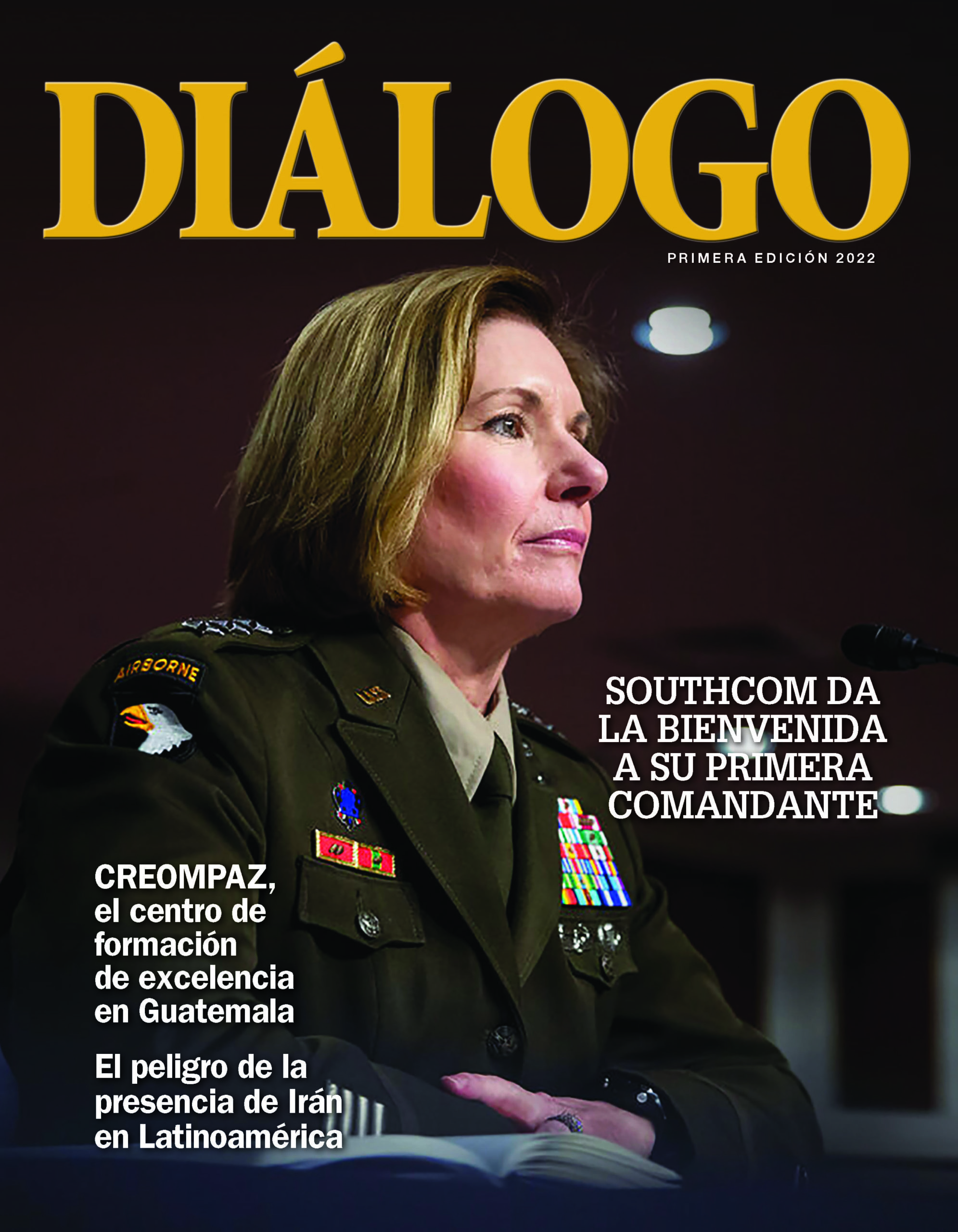
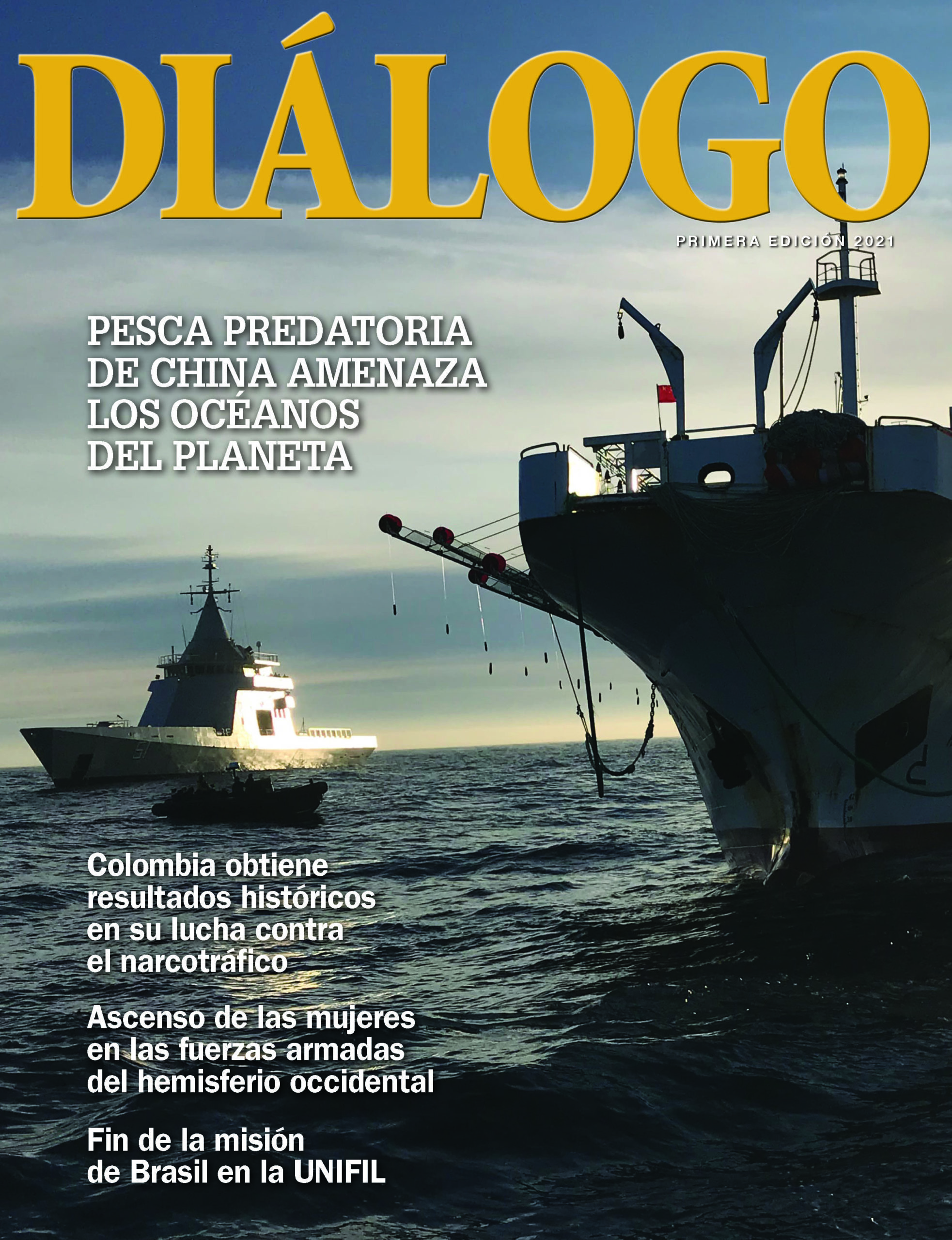




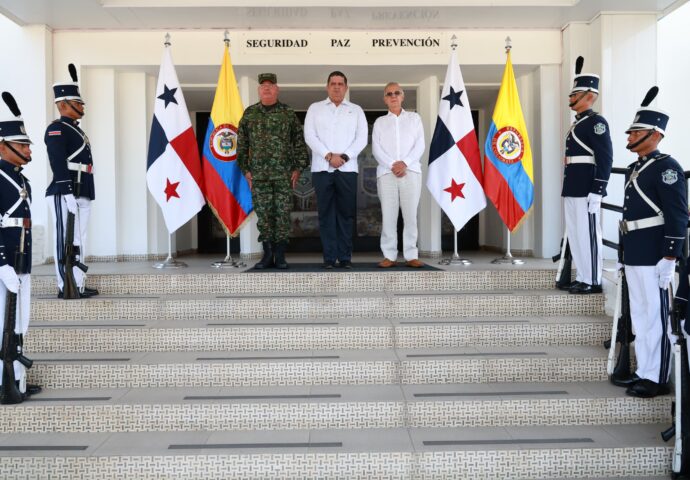
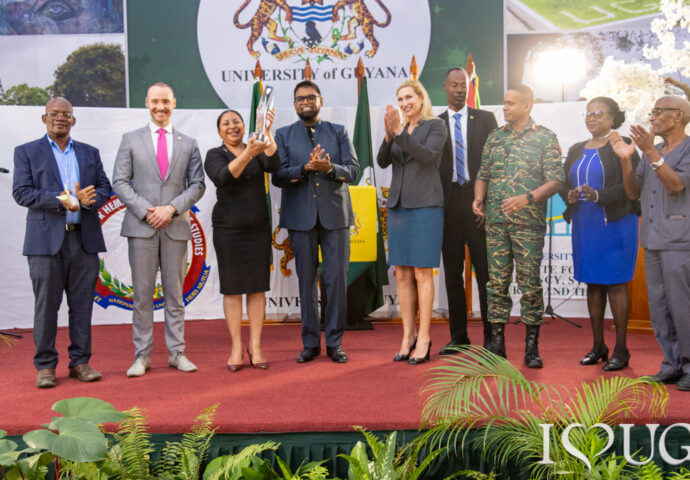
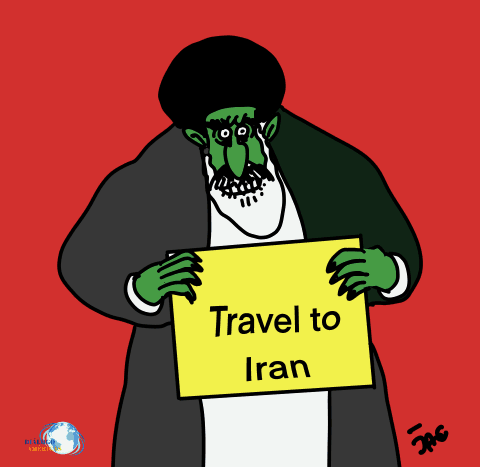
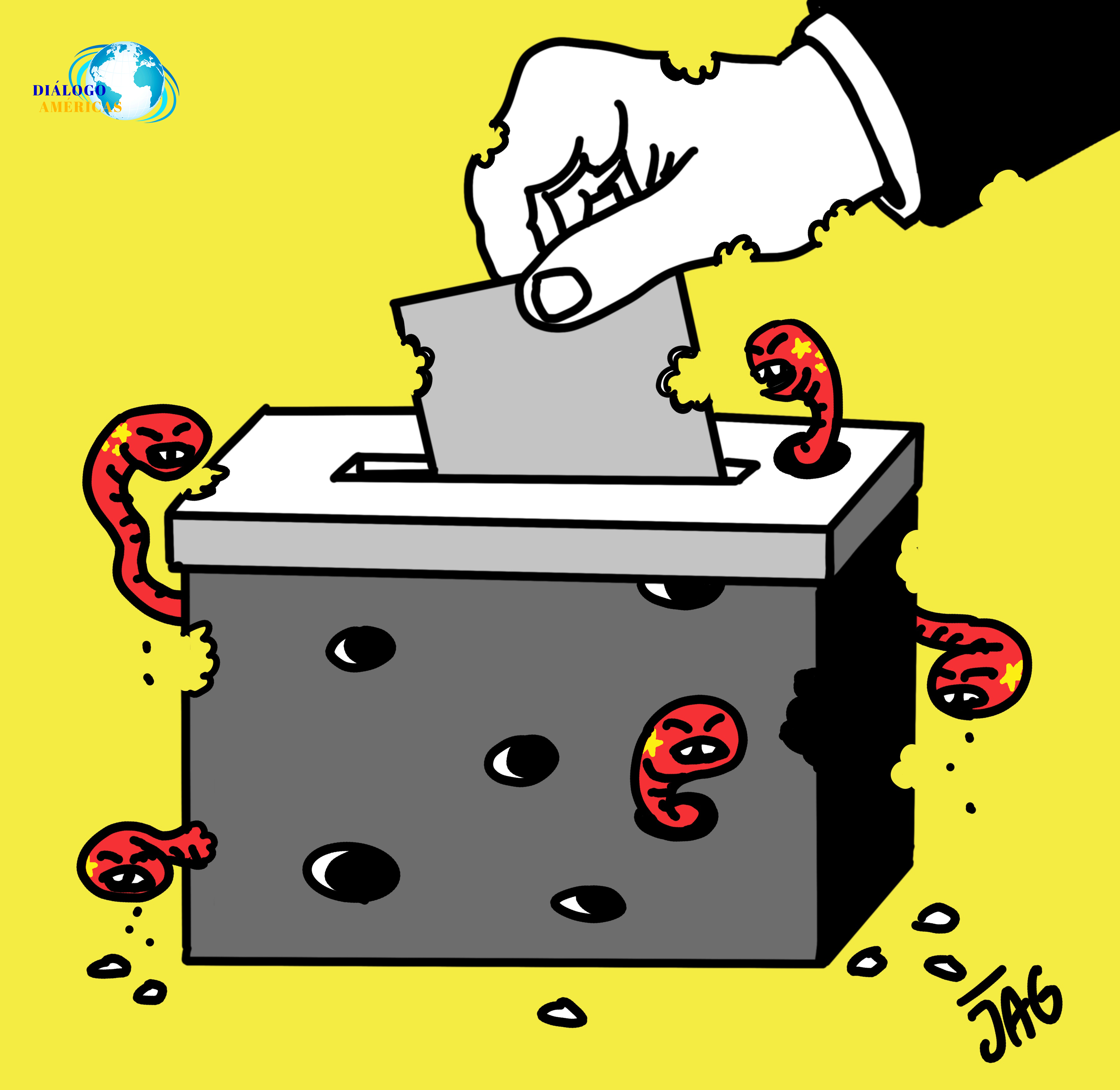

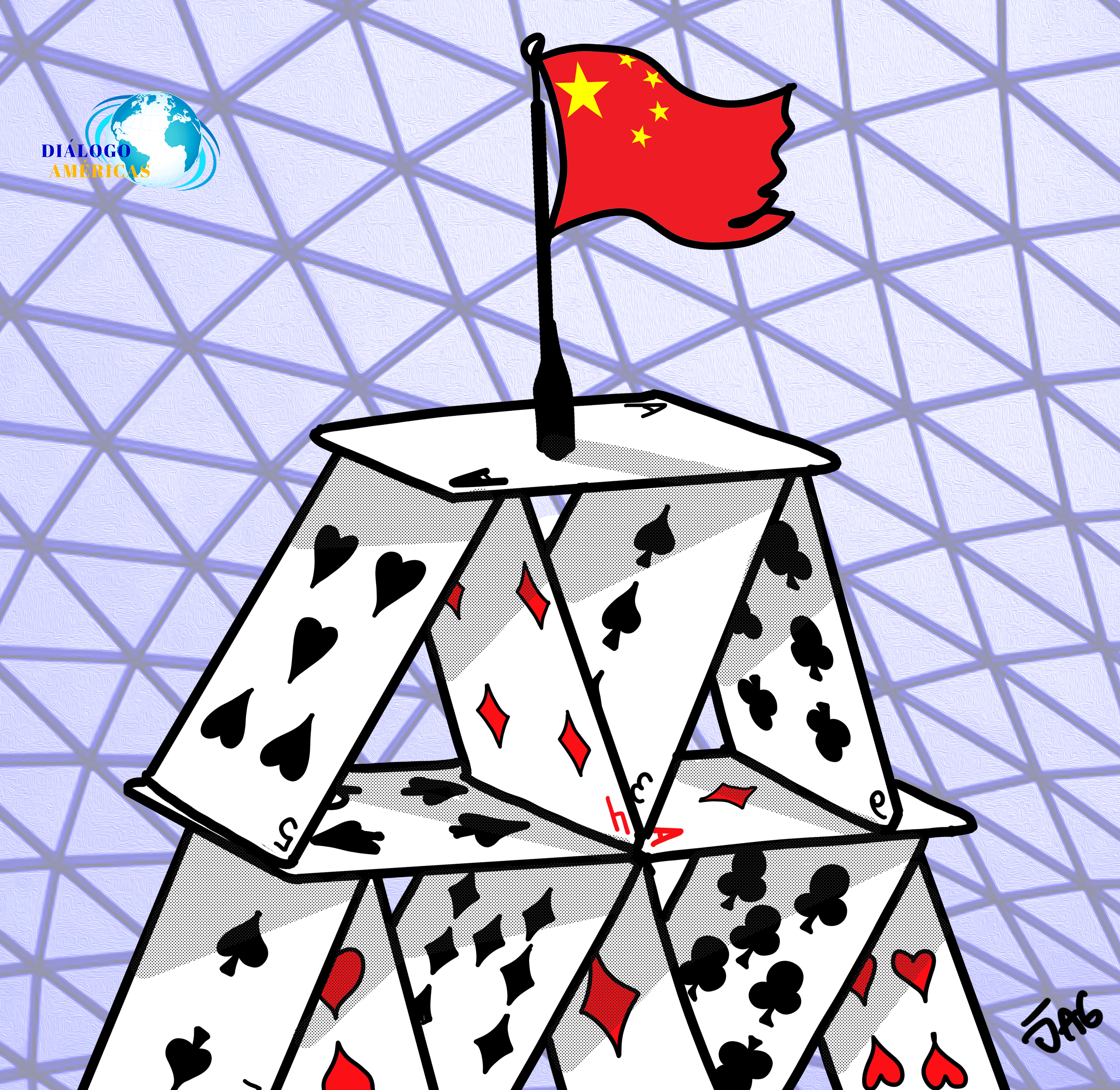
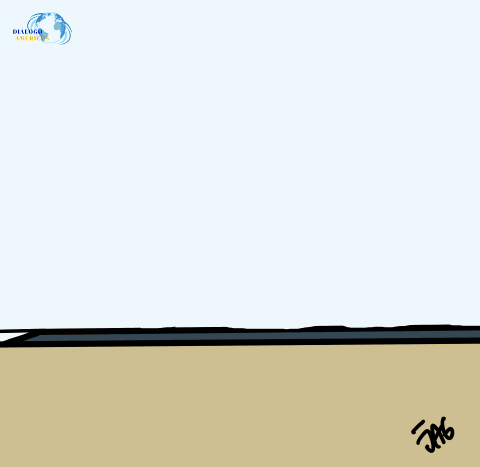
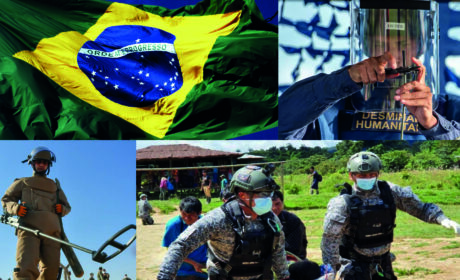
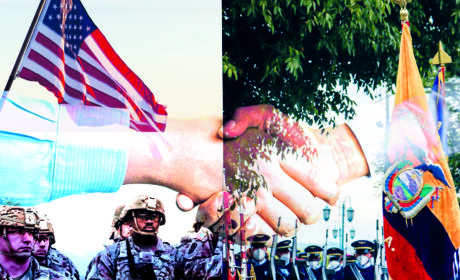
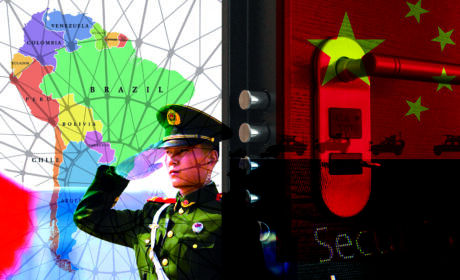
![China’s Charm Offensive in Latin America and the Caribbean: A comprehensive Analysis of China’s strategic Communication Strategy Across the Region [Part III: Image, Academia, and Technology] China’s Charm Offensive in Latin America and the Caribbean: A comprehensive Analysis of China’s strategic Communication Strategy Across the Region [Part III: Image, Academia, and Technology]](https://dialogo-americas.com/wp-content/uploads/2024/03/PART-III_SPA-COLLAGE-460x280.jpg)






